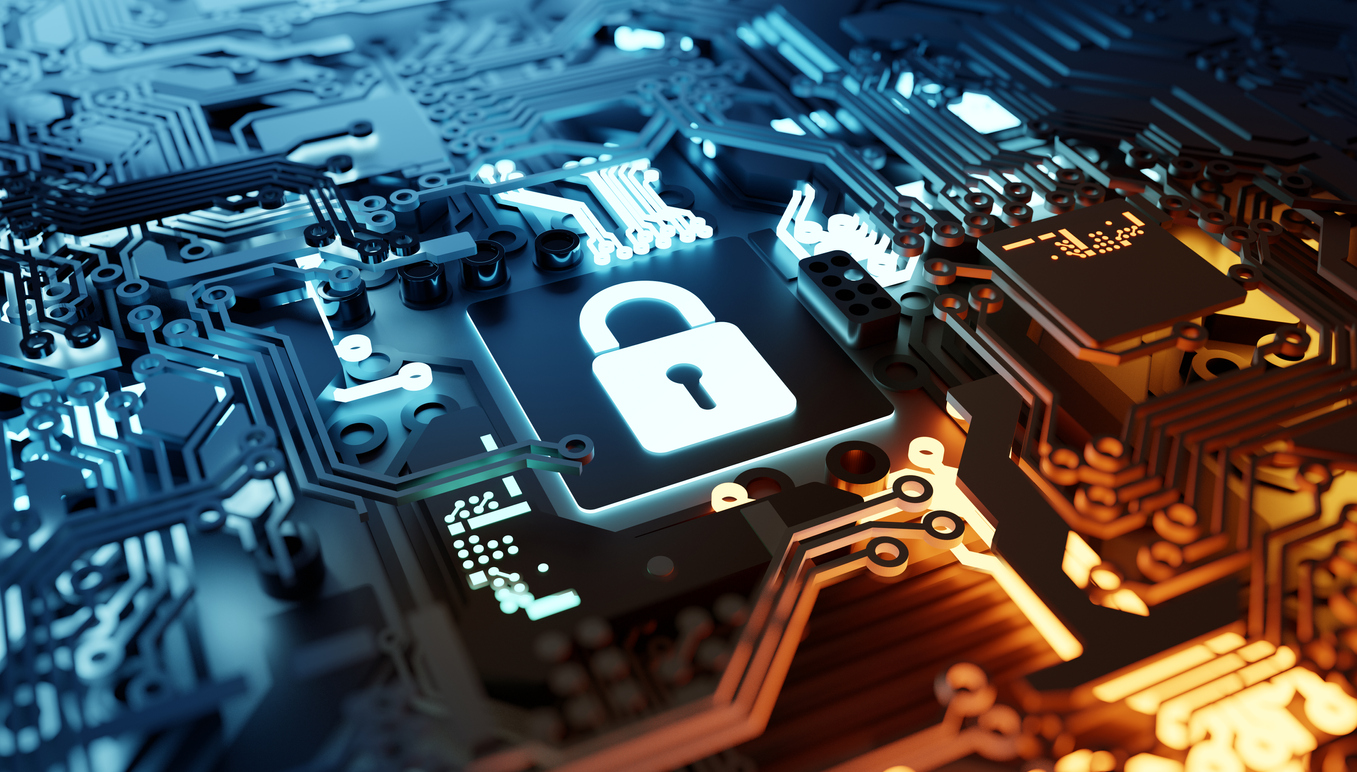Cyber crimes are a serious threat in a technology-connected world. These crimes come at great financial and personal cost to organizations, with assets and reputations on the line. Multi-factor authentication is a vital tool to prevent cyber attacks because it requires multiple independent credentials to access a system.
This layering of security makes it difficult for unauthorized persons to compromise all the requested information. Effective measures to guard your company against cyber intrusions are necessary these days. Cyber insurance is another vital way to protect your business against liability incurred by system breaches.
Why Is Multifactor Authentication Important?
The Federal Bureau of Investigation considers cyber threats one of the most insidious problems facing the nation. Multi-factor authentication is being used broadly in the business sector because multiple authentication factors identify entities attempting to pose as other individuals. MFA assesses these factors:
- Knowledge: This is personal information a user knows, such as PINs, passwords and security questions.
- Possession: This is something a person has, such as smartphones, security tokens and smart cards.
- Biometrics: This is a confirmed biological factor unique to the user, such as a retinal scan, fingerprint scan, voice identification or facial recognition.
This MFA layering process is desirable for businesses because it’s difficult to replicate or hack into, easy for customers to use, and efficient to update.
What Attacks Does MFA Prevent?
The key to effective security is prevention. Here are the types of attacks MFA prevents:
- Phishing: This attack uses fake emails with malicious attachments or links while impersonating trusted organizations.
- Keyloggers: This spyware installs on a device to capture keystrokes that provide personal information about the user.
- Brute force: This program generates login combinations to discover access to systems.
- Credential: This attack method tries to identify reused passwords to access as many accounts as possible.
- Man-in-the-middle: This breach eavesdrops on users to get personal information while an individual communicates with another party.
Additionally, MFA works to prevent ransomware (extortionware) attacks that extort money from companies by holding their systems and data hostage until they pay exorbitant sums to regain access.
Why Is Two-Factor Authentication Factor Insufficient?
The original idea with two-factor authentication was to keep the process simple for users and provide adequate security for systems. This was typically user IDs and passwords and a PIN number or similar personal identification factor. However, hackers found ways to breach these security measures, and worried security teams and vendors pushed for more levels of authentication protection.
Cyber insurance is essential because of the range of attacks it covers, such as hacks, extortion, data breaches and theft. There are new types of cyber crimes occurring every year. With insurance protection, businesses have a defense against financial losses associated with these incidents.
For more than six decades, Cochrane & Company has been proudly at the forefront of the insurance industry. Our experience has enabled us to innovate in powerful ways, reimagining the E&S market, and providing technology solutions that make it easy to do business with us. Licensed in all 50 states, we proudly serve clients across the nation, providing personalized and powerful solutions to help you become an even better partner for your clients. Speak to one of our experienced professionals today by calling (855) 967-0069.

